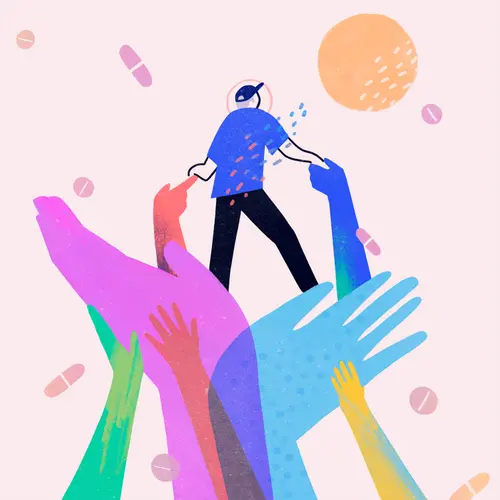Older tricyclic antidepressants used for treating bipolar disorder may be more likely to trigger a manic episode or rapid cycling than other depression drugs. They also tend to have more side effects than newer generation antidepressants, and can be especially dangerous in overdose. Nowadays, tricyclic antidepressants are often prescribed for conditions other than depression, such as neuropathic pain, migraine headaches, insomnia, or irritable bowel syndrome.
Like all antidepressants, experts recommend against taking a tricyclic medication without a mood stabilizer (such as lithium or divalproex) in bipolar I disorder, in order to minimize the chance of inducing mania symptoms.
Tricyclic antidepressants include:
- amitriptyline (Elavil)
- desipramine (Norpramin or Pertofrane)
- imipramine (Tofranil)
- nortriptyline (Pamelor)
Tricyclic antidepressants work by increasing activity of the brain chemicals serotonin and norepinephrine, which scientists believe play a role in brain circuits that regulate mood. However, they may sometimes increase the risk of mania or rapid cycling -- as well as possibly cause or worsen certain kinds of heart rhythm problems. They are also hazardous and potentially fatal in overdose. For those reasons, these drugs are used less often in general, and recommended less frequently in people with bipolar disorder.

